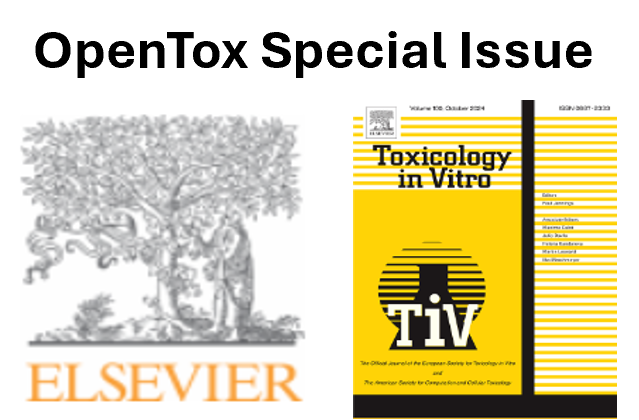
Asish is a toxicologist and a human health risk assessment specialist with Health Canada with expertise and interest in computational toxicology Artificial Intelligence and Machine Learning applications; health security risk analysis and applications of data fusion tools and methodologies to solve complex datasets. Asish works in various interdisciplinary risk domains related to chemical, biological, radiological, nuclear and explosives (CBRNe) risks assessments and consequence management. Current major publications include some major reference works (MRWs) – Encyclopedia of Toxicology (fourth edition, nine volumes, 2024) and an ongoing MRW – Comprehensive Computational Toxicology (multiple volumes, to be published in 2026/27) as part of the Elsevier’s Reference Collection in Biomedical Sciences. Asish is one of the Editors-in-Chief for the journal – Global Security: Health, Science and Policy.
Session 16. Environmental Assessment
This session will cover environmental assessment and risk assessment applications. We will learn about diverse applications of different predictive toxicology tools, methods, and frameworks. Within the scope of collaborative predictive toxicology applications, the broad objectives are reduction/elimination of animal testing and costs and develop workflows based on the use of alternative tools, techniques and methodologies with increasing speed and accuracy, and regulatory acceptance.
The first presentation is by Dr. Pierre-Andre Billat from INERIS, France. He will focus on in silico tools application for a better use of environmental in vitro toxicity assays. In silico modelling for a better use of environmental in vitro toxicity assays focussing on example datasets on PFAS and B[p]A. These models will be helpful in the design of in vitro assays, specifically in exposure analysis of different durations. Furthermore, applications in the context of quantitative adverse outcome pathways (qAOPs) will be explored.
The second talk by Dr. Kunal Roy (Jadevpur University, India) will focus on In silico toxicity predictions using the quantitative-Read Across (q-RA) and q-RASAR workflow for predictions using Euclidean distance, Gaussian kernel, or Laplacian kernel-based similarity for RASAR descriptor calculations followed by data fusion with important physicochemical / structural descriptors and development of a q-RASAR model with the application of an appropriate statistical method or machine learning applications.
The final presentation of the session is by Dr. Amber Goetz (Syngenta, USA) focussing on a Conceptual Framework for a Modern Approach to assess Human Health and Ecological Risk from Agrochemicals using Read-across to Reduce Vertebrate Testing that is intended for the predictive risk assessment of non-genotoxic agrochemicals which encourages reliance on existing and new toxicity data supplemented only as necessary to refine risk. An example of this conceptual framework will be presented showing the integrated approach of several lines of evidence including the estimated exposures and read-across analysis.

